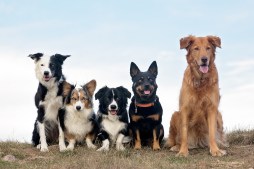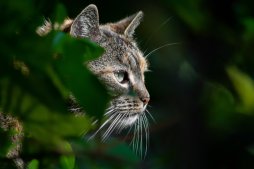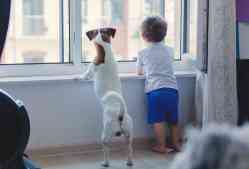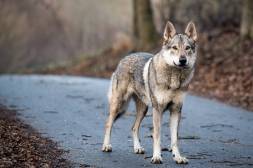How to Keep Your Pet Safe by Avoiding Toxic Foods

Ensuring the safety and health of your beloved pet is a top priority for any responsible pet owner. One crucial aspect of pet care is being aware of the foods that can be harmful or even toxic to your furry friends. Feeding pets human food might seem harmless, but some common foods can cause severe health issues. This article will guide you through the foods you should never feed your pet to keep them safe and healthy.
Chocolate: A Sweet Danger for Pets
Chocolate contains substances called theobromine and caffeine, which are toxic to pets, especially dogs and cats. Even small amounts of chocolate can lead to symptoms like vomiting, diarrhea, rapid breathing, increased heart rate, and seizures. Dark chocolate and baking chocolate have higher concentrations of these toxins and pose an even greater risk.
Grapes and Raisins: Hidden Threats
While grapes and raisins might be a healthy snack for humans, they can cause kidney failure in dogs. The exact substance causing this toxicity is unknown, so it’s safest to avoid giving any amount of grapes or raisins to your pets.
Onions and Garlic: Dangerous Vegetables
Onions, garlic, leeks, and chives contain compounds that can damage red blood cells in pets leading to anemia. This applies whether these vegetables are raw, cooked, powdered or dehydrated. Symptoms include weakness, vomiting, breathlessness, and pale gums.
Alcohol: Never Safe for Pets
Alcoholic beverages or foods containing alcohol should never be given to pets as they affect their central nervous system similarly as in humans but more severely due to their smaller size. Even small quantities can cause vomiting, diarrhea coordination problems respiratory depression coma or death.
Xylitol: A Silent Killer in Sugar-Free Products
Xylitol is an artificial sweetener found in sugar-free gums candies baked goods toothpaste among others it causes a rapid release of insulin in dogs leading to hypoglycemia (low blood sugar). Signs include vomiting loss of coordination seizures liver failure if untreated promptly xylitol ingestion requires immediate veterinary attention.
Being informed about which foods are toxic helps you protect your pet from accidental poisoning incidents. Always keep harmful foods out of reach and educate family members about these dangers too. When in doubt about whether a food is safe for your pet always consult with a veterinarian first. By avoiding these dangerous foods you contribute significantly towards keeping your furry companions happy healthy and safe.
This text was generated using a large language model, and select text has been reviewed and moderated for purposes such as readability.











